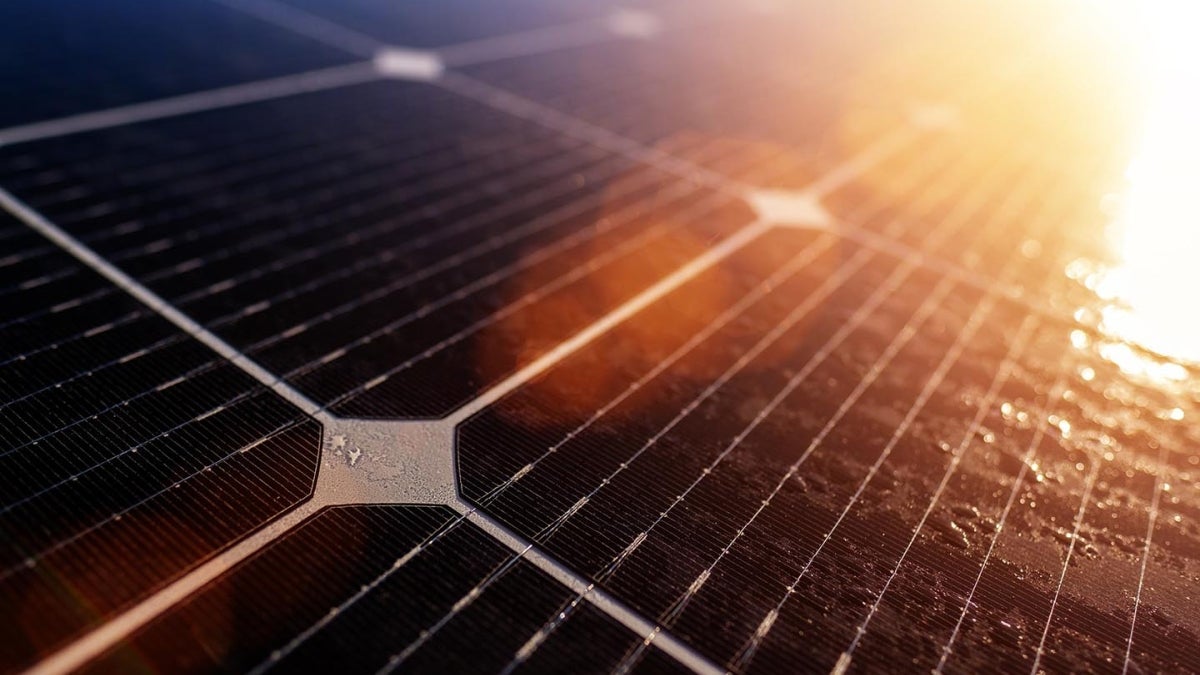Experimental condensed matter physicists in the Department of Physics at the University of Oklahoma and an electrical engineering professor at Arizona State University have developed an approach to circumvent a major loss process that currently limits the efficiency of commercial solar cells.
Solar cells convert the sun’s energy into electricity and are the main component of solar panels and many types of electrical devices as broad-ranging as satellites and calculators.
Members of the Photovoltaic Materials and Devices Group, led by Ian Sellers, University of Oklahoma associate professor in the Homer L. Dodge Department of Physics and Astronomy, along with theorists at Arizona State University led by David K. Ferry have demonstrated a breakthrough toward the development of a hot carrier solar cell.
A hot carrier solar cell is a device that would increase the efficiency of solar cells by more than 20%, which Sellers said would be a significant breakthrough for solar energy.
“Although this device has been the source of a considerable amount of research over the last 10 to 15 years, the realization of a practical solution has thus far eluded researchers with proof-of-principle demonstrations only presented under unrealistic conditions or in materials and structures not relevant for solar cell operation,” Sellers said.
Sellers says this new approach, recently published in the journal Nature Energy, demonstrates “significant progress in the realization of the hot carrier solar cell and the potential for ultrahigh-efficiency single junction semiconductor devices, which would revolutionize the field of photovoltaics and renewable energy generation.”
"The new approach arises from using an interdisciplinary approach where we bring proven ideas from other fields of semiconductor devices and use them in the solar cell arena," said Ferry, an emeritus engineering professor in ASU's School of Electrical, Computer and Electrical Engineering. "Working with the Oklahoma group has allowed us to move quickly toward the realization of these ideas."
More Science and technology

ASU at the heart of the state's revitalized microelectronics industry
A stronger local economy, more reliable technology, and a future where our computers and devices do the impossible: that’s the…

Breakthrough copper alloy achieves unprecedented high-temperature performance
A team of researchers from Arizona State University, the U.S. Army Research Laboratory, Lehigh University and Louisiana State…

4 ASU researchers named senior members of the National Academy of Inventors
The National Academy of Inventors recently named four Arizona State University researchers as senior members to the prestigious…


